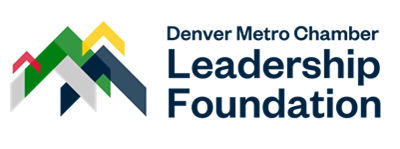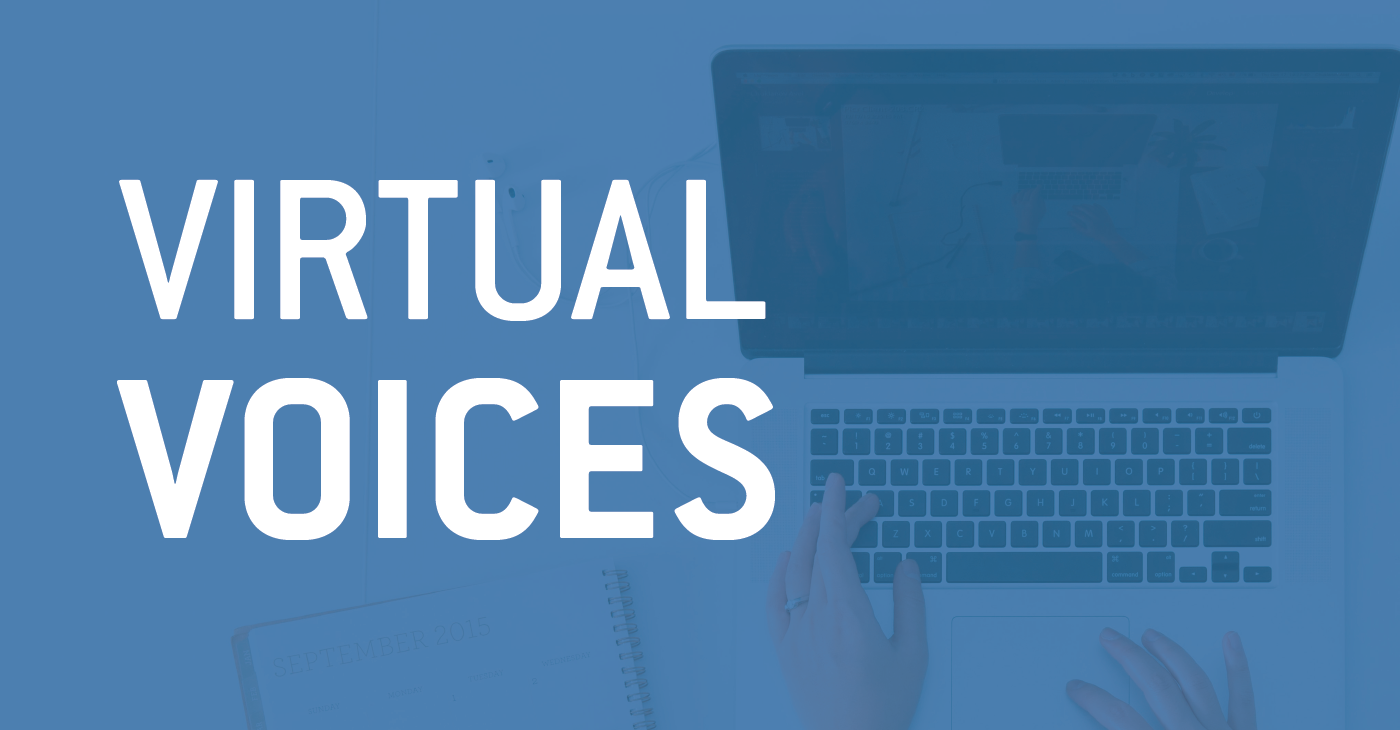The Denver Metro Chamber Leadership Foundation and TIED (Talent, Inclusion, Engagement & Diversity) Roundtable hosted their eighth collaborative Virtual Voices on Wednesday, Sept. 29 around what it means to be an inclusive leader in the 21st century.
Dr. Michael Benitez, vice president for diversity and inclusion for Metropolitan State University moderated a discussion with guest speaker Dr. Brenda J. Allen, former vice chancellor for diversity and inclusion, University of Colorado Denver and Anschutz Medical Campus that focused on ways to be a more inclusive leader, traits of successful inclusive leaders and why inclusive leadership matters.
Check out our key takeaways and the video of the webinar below.
Anyone can be a leader. Leadership is not a badge that accompanies a specific role, title or age, it is a practice of activity available to everyone. When we frame leadership as a way to work with others, cultivating relationships along the way, anyone can step up and be a leader.
Cultivate inclusive leadership. In other interactions in your life, whether you’re a gardener, parent or partner require cultivation, you need to work purposefully to foster its growth, improving through labor, care or study. Treat being an inclusive leader the same way, by cultivating it and establishing a strong foundation upon which to grow. When you cultivate something, you inherently believe in it.
Curiosity is one of the most important traits for an inclusive leader. During the session, Dr. Allen shared a definition of curiosity: “an eagerness to learn, to be ready and a willingness to consider new perspectives.” Approaching something with curiosity demonstrates your awareness that you can learn something from people who have different lived experiences than you do. The key is being present, as Dr. Allen shared in the session: the greatest gift you can give someone is to be present.
Self-awareness is another. Inclusive leaders are always trying to learn, and those that are self-aware pay attention to their behaviors, emotions, reactions, etc. and are open to learning things about themselves from those feelings, some of which may be hard to face. They lead from where they stand and lead with love, being grateful for the emotions they feel and experience. Dr. Allen likes to think about self-awareness as curiosity about herself, remembering to act with love and compassion based on whether what you learn validates or challenges you. Additionally, one must be cognizant to avoid “thinking under the influence,” meaning that everyone is susceptible to falling back into the mindset of systemic oppression and white supremacy. Leaders stay vigilant and avoid thinking under the influence.
Inclusive leaders value and respect everyone. Highly inclusive leaders listen to others, help others and collaborate to ensure individuals feel empowered and equipped to handle a given challenge. Treating others equitably and without discrimination are ways to show respect. At the same time, it’s important to understand that respect means different things to different people, and to make sure you listen to what respect means to everyone and treat them accordingly. “There’s more to me that meets the eye, but what meets the eye is important too,” said Dr. Allen.
What’s next? Dr. Allen left attendees with recommendations for becoming a more inclusive leader, adding that inclusion is both a process and an outcome. She recommended deepening your commitment, strengthening your self-awareness, working within your circles of influence, using your privilege for good and to keep learning and growing.
Click here to view Dr. Allen’s To learn more about Dr. Allen’s work, visit her website, and take her free course, “Inclusive Leadership: The Power of Workplace Diversity,” here.
You can view a list of resources compiled from previous Virtual Voices webinars here. We have started a list of definitions to help frame this and future discussions at Virtual Voices. You can read and download that list here.
Read
-
- What Your Privilege Has To Do With Your Leadership by Andréa Ranae
- Cultivating Inclusive Leadership for the 21st Century by Dr. Brenda J. Allen
Join us for an upcoming Virtual Voices. Check out our upcoming programs.

